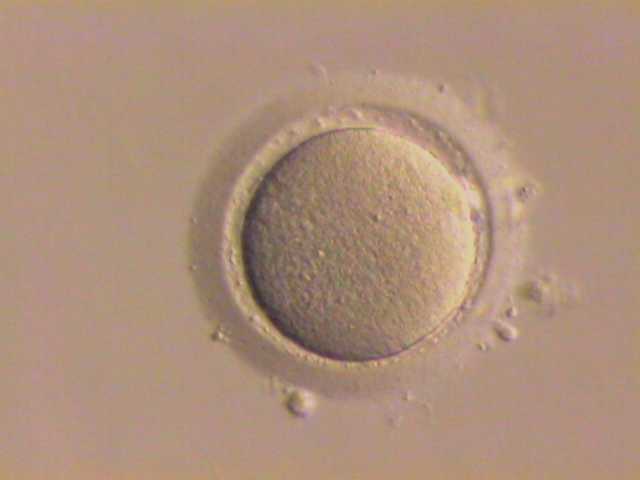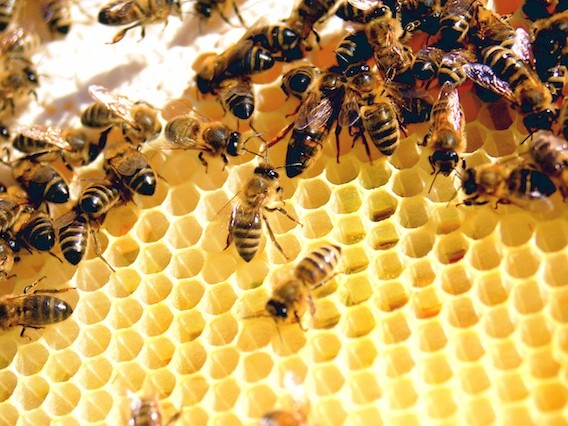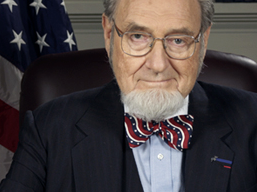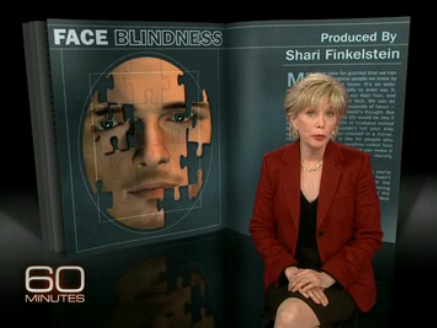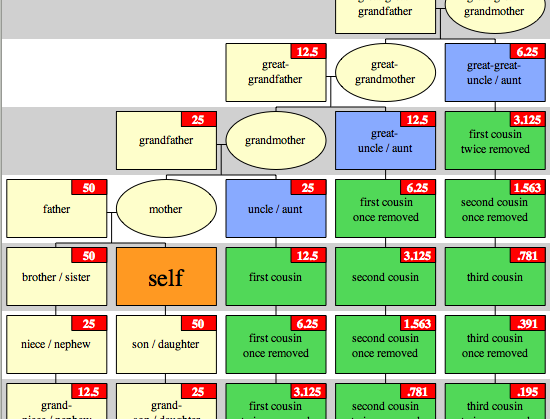[vc_row][vc_column][vc_column_text css_animation=”none”] [/vc_column_text]
[/vc_column_text]
I’m going to regret that title tomorrow. I know it. Two of the books I’ve been meaning to delve into sometime this year are about evolutionary biology; how the incentives that lead to reproductive and social success (which itself is a facilitator of reproductive success) shape everything from our government institutions to the popularity of…
With the public suddenly seeming to notice that three-parent biological children are now a scientific possibility, The Telegraph is reporting, “A group of 34 European politicians, including eight British MPs and peers, has signed a declaration attacking plans which will make the UK the first country in the world to permit the new IVF technique.” Here’s the…
The honey bee dance, also known as the honey bee waggle dance, is one of the most amazing things found in nature. To understand why it is so important, you need to appreciate how much we depend on the honey bee, how complex its hive behavior is, the specialization of tasks, and the ways in…
C. Everett Koop, former Surgeon General of the United States, has passed away. He was 96 years old. The devout, conservative, evangelical Christian born the grandchild of German immigrants was one of the great pragmatist of the past few generations, proving that a fact-based, rational approach to life can improve standard of living, reduce disease,…
The United States is facing a significant cultural challenge driven by basic biology that could radically redefine our socioeconomic structure. That isn’t hyperbole, it’s a statement of fact. Several years ago, I began reading research papers, essays, and other data on assortative mating patterns in human populations. In essence, people want to be around people…
This is one of the most fascinating things I’ve ever seen … there are people who can’t recognize faces; even their own, or their children. They think as many as 1 in 50 people suffer from it, but just like color blindness, it never occurs to them that they are different unless they have to…
After writing We All See, Smell, Hear, Taste, and Feel the World Differently, I have been running different exercises and simulations in my life to add to my knowledge of other people’s perspectives; how they go through the world and how those input filters influence cognition. One of the tools has been image filters to see…
How much genetic material do you share with your biological relatives? Take a look at the family tree below and the figure in the red box is the percentage of genes your body has in common with your blood relatives.
[vc_empty_space][vc_column_text css_animation=”none”]

[/vc_column_text][/vc_column][/vc_row]




